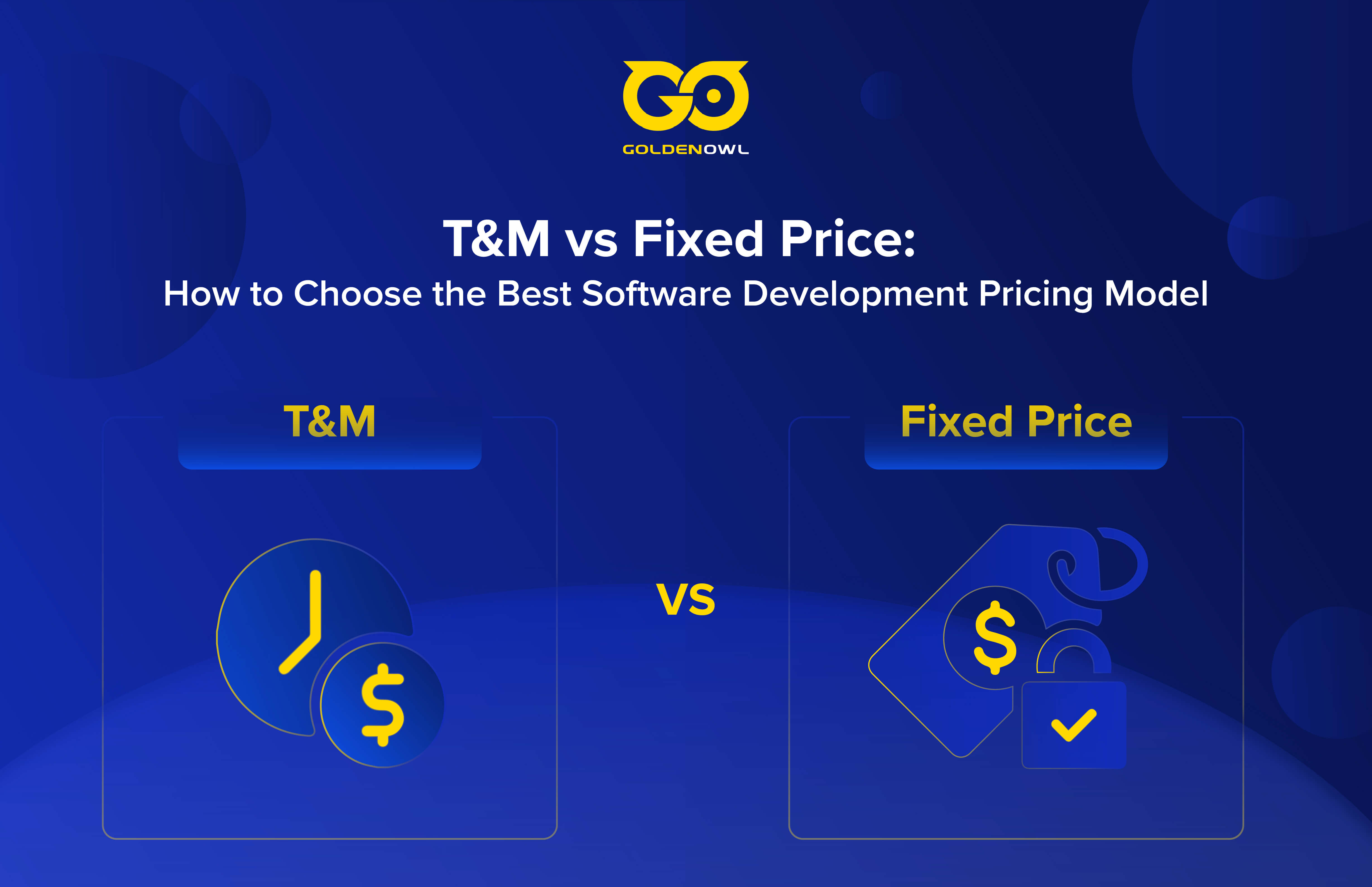In today's digital age, having a fast-loading website is crucial for online success. A slow website can frustrate users, leading to a negative user experience, increased bounce rates, and lower search engine rankings. Fortunately, there are many best practices and tips that website owners and developers can implement to speed up their website's load time. In this blog post, we will explore some of the most effective strategies for improving website load time.
What is the website's load time?
Website load time is the time it takes for a web page to be completely loaded and displayed in a user's web browser after they request it. This includes the time it takes to download all the resources required to render the webpage, such as HTML, CSS, JavaScript, images, and videos. A webpage's load time is an important metric because it affects the user experience. A slow loading webpage can lead to frustrated users, increased bounce rates, and reduced conversions.
A webpage's load time can be affected by various factors, such as the size and complexity of the webpage, the number of HTTP requests required to load all resources, the server response time, the user's internet connection speed, and the use of content delivery networks (CDNs). To improve a website's load time, web developers can optimize the website's resources, use compression and caching techniques, minimize HTTP requests, and use faster servers and CDNs,.. etc.

Why is the website's load time important?
Website load time is important because it affects how quickly a website appears on your computer or mobile device after you click on a link or type in a web address. If a website takes a long time to load, it can be frustrating for users and cause them to leave the website before it fully loads. This can result in a negative user experience and potentially lower sales or engagement on the website.
On the other hand, a website that loads quickly can provide a positive user experience, leading to higher user satisfaction and potentially more sales or engagement. Additionally, search engines like Google take website load time into consideration when determining how to rank websites in search results. Websites that load faster are more likely to rank higher in search results, leading to more visibility and potentially more traffic to the website.
In summary, website load time is important because it affects user experience, user satisfaction, sales or engagement on the website, and search engine rankings. A website that loads quickly is generally preferred over a website that loads slowly, and website owners and developers can take steps to optimize website load time to improve the user experience and potentially increase success.
Expert's tips to improve website loading speed
Improving the load time of your website can have a significant impact on its success, as faster websites tend to have higher user engagement, better search engine rankings, and increased conversions. Here are some best practices and tips for speeding up your website's load time:
Optimize images:
Images can take up a lot of space on a web page and slow down the load time. Optimize images by compressing them and reducing their file size. Use appropriate image formats such as JPEG for photographs and PNG for graphics with transparent backgrounds. Lazy loading can also be used to defer the loading of images that are not immediately visible on the screen.
Minimize HTTP requests:
When a web page loads, it sends requests to the server for various resources such as images, scripts, and stylesheets. Minimizing HTTP requests can be achieved by combining files, reducing the number of images used on a page, and using CSS sprites to combine multiple images into one.

Enable caching:
Caching involves storing frequently accessed files such as images, scripts, and stylesheets on the user's device. This reduces the number of requests made to the server, resulting in faster load times. Set appropriate caching headers on your server to enable browser caching.
Minimize code:
Minimizing the size of your HTML, CSS, and JavaScript files reduces the load time of your web page. Remove any unnecessary code and whitespace, and compress your files using minification tools.
Use a content delivery network (CDN):
A CDN is a network of servers that are distributed across different regions. By using a CDN, your website's content can be cached on servers that are closer to the user, reducing the time it takes to load the content.
Choose a reliable web hosting provider:
Your web hosting provider can have a significant impact on your website's load time. Choose a provider that provides fast loading times, has a good uptime record, and offers optimized server settings.
Use a faster DNS provider:
DNS (Domain Name System) is responsible for resolving domain names to IP addresses. Choose a DNS provider that has a fast response time to reduce the time it takes to resolve your website's domain name.

Use Gzip compression:
Gzip compression compresses your website's files before they are sent to the user's browser, reducing their size and resulting in faster load times.
Reduce server response time:
Server response time is the time it takes for the server to respond to a request. Optimize your server settings and database queries to reduce the time it takes for the server to respond.
Remove unnecessary plugins and scripts:
Plugins and scripts can add additional HTTP requests and slow down your website. Remove any unnecessary plugins and scripts that are not essential for your website's functionality.
Where to outsource website's loading time speed up service?
Are you struggling to find the right IT outsourcing firm for your web development needs? Look no further than Golden Owl! With over 8 years of experience in the IT industry and a team of highly skilled developers, we have a proven track record of delivering high-quality software solutions to our clients.
At Golden Owl, we understand that each client has unique needs and challenges. That's why we take a collaborative approach to each project, working closely with our clients to understand their goals and develop customized solutions to meet their specific requirements. Our developers are experts in their fields and stay up-to-date with the latest technologies and best practices to ensure that we deliver cutting-edge solutions that are reliable, scalable, and efficient.
Our commitment to quality and customer satisfaction sets us apart from other IT outsourcing firms. We take pride in delivering projects on time and within budget, and we work closely with our clients throughout the development process to ensure their needs are met every step of the way. We believe that transparency and communication are essential to building long-term relationships with our clients, and we strive to exceed their expectations with every project we undertake.
Our last words
In conclusion, website load time is a critical factor in providing a positive user experience and achieving online success. By implementing the best practices and tips outlined in this blog post, website owners and developers can optimize their website's load time, leading to increased engagement, higher user satisfaction, and potentially more sales or conversions. Remember to regularly monitor and test your website's load time to ensure it continues to meet the needs of your users and stay competitive in today's digital landscape. In case your business’s website needs a transformation, you can visit and have a free consultation with us. Our team of highly skilled and experienced website developers can make sure to provide the most optimized solutions for your business.


























